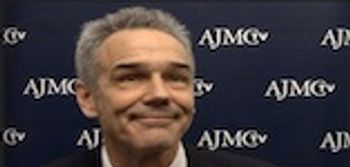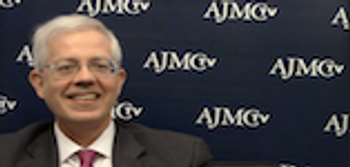
The CVD-REAL study presented at the American College of Cardiology 66th Scientific Session asked whether cardiovascular outcomes seen in the EMPA-REG OUTCOME trial could be seen in a real-world environment, and for the entire class of SGLT2 inhibitors, according to AstraZeneca’s Jim McDermott, PhD, vice president for Medical Affairs, Diabetes.









